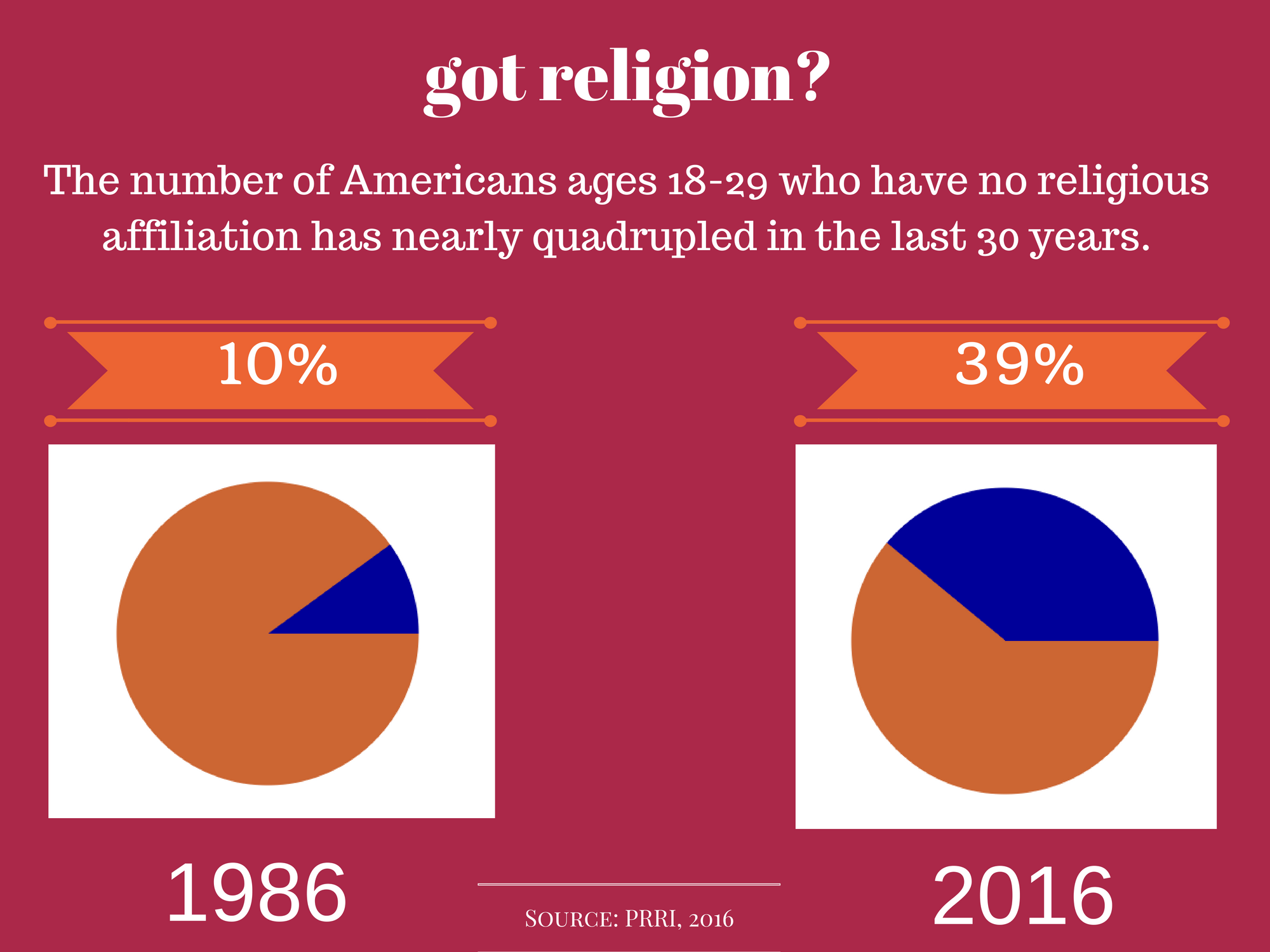Analyze The Intriguing Journey Of Catholic Schools And Their Substantial Payment To Education-- Could Their Practices Be Pivotal For Future Discovering?
Analyze The Intriguing Journey Of Catholic Schools And Their Substantial Payment To Education-- Could Their Practices Be Pivotal For Future Discovering?
Blog Article
Web Content Author-Ahmed Bell
When you consider the background of education and learning, Catholic schools stand out for their deep-rooted traditions and long-term influence. These establishments started as a way to impart belief and values, but they've adapted remarkably over centuries. Today, they play a critical duty fit not just academic success yet also moral integrity. What's interesting is how they have actually managed to flourish in the middle of altering cultural landscapes, questioning about their future relevance and impact.
The Beginnings of Catholic Education And Learning: A Historic Perspective
Catholic education traces its roots back over 1,500 years, when very early Christian communities acknowledged the need for organized learning. You'll locate that these neighborhoods aimed to hand down their belief and values with education.
Monasteries and sanctuary schools became centers of learning, nurturing both spiritual and intellectual growth. As you delve deeper, you'll see that the curriculum commonly included ideology, theology, and the liberal arts, developed to form versatile individuals.
Over time, the Church established more formal establishments, making sure that education and learning continued to be obtainable to all. The commitment to training ethical values and cultivating a feeling of community has persisted with the centuries, shaping the academic landscape and influencing plenty of lives worldwide.
This long-lasting legacy continues to inspire Catholic education today.
The Advancement of Catholic Colleges Through Cultural Contexts
As societies evolved, so did the function of Catholic institutions, adapting to the social contexts in which they existed. In the early years, these establishments concentrated primarily on spiritual instruction, yet as neighborhoods diversified, they began to integrate local languages, customizeds, and academic requirements.
You would certainly observe that Catholic colleges often ended up being facilities for social cohesion, cultivating a sense of belonging amongst pupils from different histories. In lots of regions, they addressed societal concerns, such as hardship and discrimination, by providing accessible education and learning for all.
As you explore various societies, you'll see just how Catholic schools have actually shifted their curricula and training techniques, reflecting the values and difficulties of their environments while holding to their foundational objective of belief and academic excellence.
The Modern Role and Impact of Catholic Schools in Culture
In today's world, Catholic institutions play an essential function in shaping not just the instructional landscape, but also the broader neighborhood.
You'll locate that these organizations emphasize values like regard, empathy, and social justice, cultivating well-shaped people that contribute favorably to culture. By focusing on scholastic quality and moral advancement, Catholic schools prepare trainees for future obstacles, nurturing vital reasoning and management skills.
They frequently offer diverse populations, linking gaps in access to high quality education and learning. Furthermore, https://www.abc4.com/news/religion/history-of-church-of-jesus-christ-of-latter-day-saints-general-conference/ might discover their dedication to service, urging pupils to participate in community outreach and volunteer work.
This blend of education and learning and moral support makes Catholic schools a significant force, cultivating responsible people who can influence their neighborhoods for the better.
Verdict
In conclusion, Catholic schools have a rich history that's shaped their long-lasting effect on society. You've seen exactly how they've adjusted to different cultural contexts while keeping a dedication to faith, worths, and academic excellence. Today, they continue to play an essential duty in cultivating community, promoting social justice, and nurturing responsible people. As https://zenwriting.net/allene98christena/establishing-the-all-encompassing-child-spirit-thought-and-heart-in assess their tradition, it's clear that Catholic colleges continue to be a powerful force for positive change on the planet.
